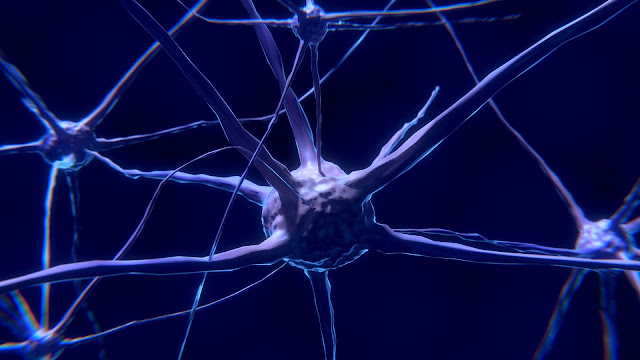Why Can't Steven Pinker and AI Safety Altruists Get Along?

There are few bo oks that have more influenced to my thinking than Steven Pinker's The Better Angels of Our Nature . The book makes a powerful case for effective altruism by showing that much of what effective altruists try to spread—reason and empathy, chiefly—has led to a sweeping decline in virtually every form of human violence over the course of human history. At the same time, I think that Pinker's thesis and evidence in that book are compatible with an understanding that tail risks to human civilization, such as catastrophic risks, may have increased, and animal suffering, has clearly increased in recent history. (Humans' moral views on the latter do clearly seem to be improving , thoug h.) I've found it puzzling, then, that to coincide with the publication of his book Enlightenment Now , Pinker has been publishing multiple articles criticizing altruists who are focused on addressing long-term risks, primarily from artificial general intelligence. Pinker



